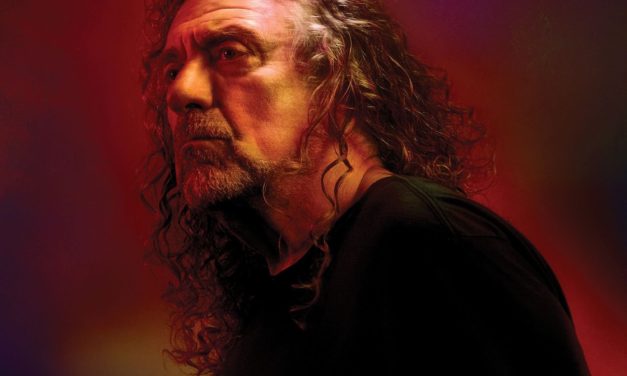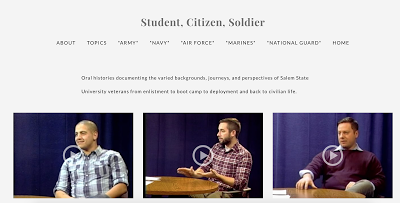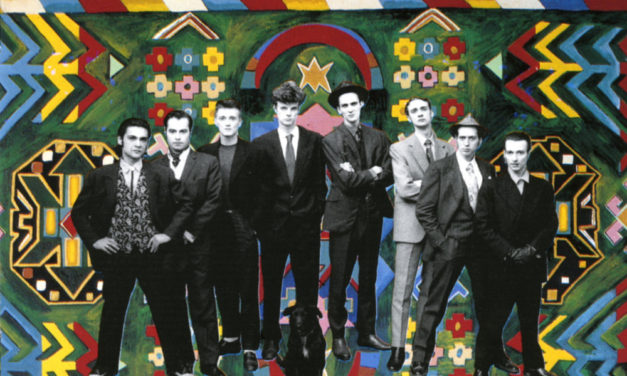Robert Plant: Carry Fire
Robert Plant Carry Fire Nonesuch/Warner My buddy Rob says that Robert Plant became a musician over the past decade. I think that’s a bit harsh, Plant wasn’t just a pretty face in Led Zeppelin. Take, for example, the writing of ‘Kashmir,’ which took several years for the band to put together. Jimmy Page wrote the bulk of the music, with input from both John Bonham and John Paul Jones, but also from Plant. Plant was, of course, the lyricist for the band. And writing lyrics for ‘Kashmir’ was particularly challenging for Plant due to the complexity and time signature...
Read More



